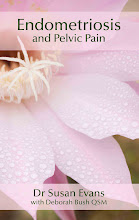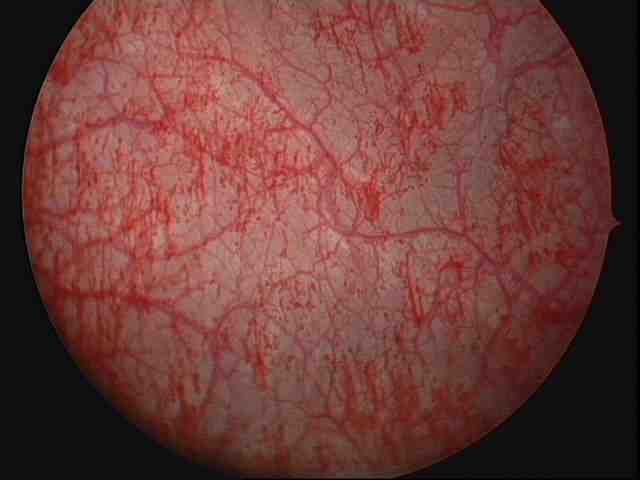Thanks for joining my blog. I was very sorry to read about your bladder problems which make the whole endometriosis thing even more difficult.
Regarding diet and medications, I have a few suggestions:
1. Although there is quite a long list of foods and drinks that can upset the bladder of a woman with IC, often only a few of them affect each woman. So, if you can find the particular things that bother you, then you can still have the other things that don't. Often it is easier if you cut out all the things on the list completely to start with, and see if your bladder improves. It should improve within a few days if diet is an important trigger for you. If your bladder doesn't improve, and you have cut out the triggers completely (not just cut them down) then diet may not be an important factor for you. If it does make a difference, then you can add things back into your diet one at a time and see which foods affect you. If not, then that food is OK for you.
2. What you will find with IC is that you will have good times and bad times. During the bad times, you need more medication and during the good times, you might be able to take less, or sometimes stop it for a period of time. It depends how bad your IC is.
3. I usually recommend amitriptyline in low dose first, because it often helps, but also because it also helps other problems that a lot of women with endo have i.e. headaches and sharp/stabbing/burning pains. It also helps sleep. If you start on just 5mg, and take it with dinner or early in the evening, then most people can take it. 5mg is just a starting dose, but once you are OK with it, you can increase it to somewhere between 5mg and 25mg daily. You can work out yourself which dose helps your bladder most, but doesn't make you too sleepy.
4. If amitriptyline doesn't suit you, then I usually recommend either solifenacin 5-10mg daily which is more expensive but usually really well tolerated, or oxybutinin a 5mg tablet 1-3 times daily which is less expensive but can cause constipation and a dry mouth. Often the best thing is to take a bit of amitriptyline (5-10mg) with some solifenacin. I know you don't like taking medications, but your symptoms are hard to treat without it.
5. Remember not to try and cut down on your fluids, as the more concentrated urine is, the more it irritates your bladder. Generally about 1.5-2 litres of mostly water daily is about right. More if you live in a hot climate.
6. A lot of women with endo and IC, also have pain with intercourse, and often have pain from tight pelvic floor muscles that go into spasm, so be aware that some of your pain may actually be from your pelvic floor muscles. You can check by putting a finger just inside the vagina and pushing backwards and sideways. If it is sore, then your muscles are probably painful. If you find tampons painful, this is often also a sign of painful muscles. Its another of the pains you don't see at a laparoscopy.
Hope this helps. If you need a list of diet triggers, it is in our book in the chapter on IC treatment. There is also info on medications and some of the treatment options if these dont help, as well as a plan for how to manage a flare up in symptoms.
Best wishes,
Susan



